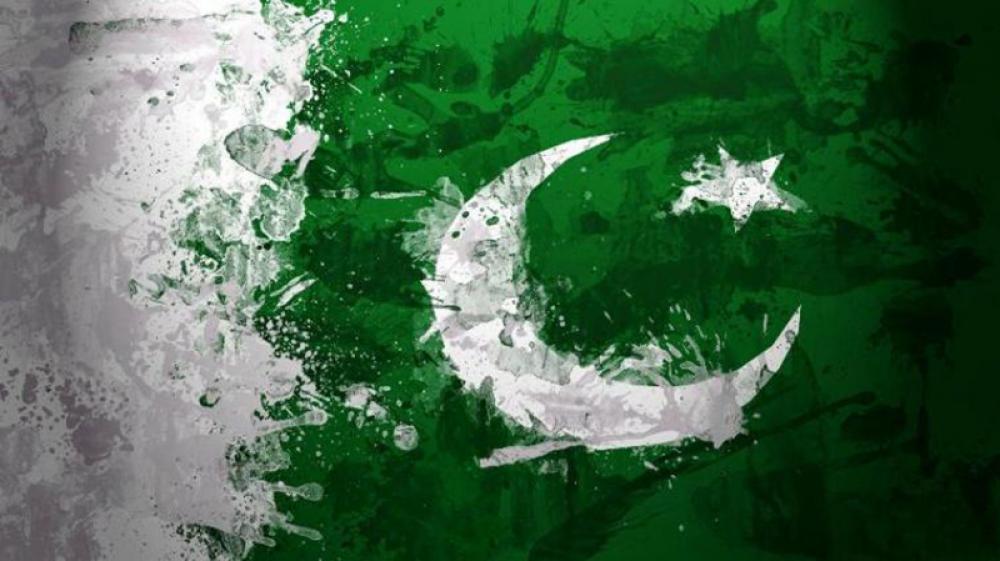Just Earth News | @justearthnews | 26 Jul 2024

Photo Courtesy: Pixabay
Meanwhile in Pakistan, UN independent human rights experts voiced deep concern over a surge in violence against Ahmadi Muslims, including allegations of extrajudicial killings, arbitrary arrests, attacks on places of worship and curtailment of free expression, peaceful assembly and association.
“We are alarmed by ongoing reports of violence and discrimination against the Ahmadiyya community in Pakistan. We urge Pakistani authorities to take immediate action to address this situation,” the experts said.
“Urgent measures are necessary to respond to these violent attacks and the broader atmosphere of hatred and discrimination which feeds it.”
Tweet URL
The Human Rights Council-appointed experts cited specific incidents over the past few months, including the extrajudicial killing of two Ahmadis on 8 July and of a community leader on 4 March.
They also noted that an alarming number of attacks on Ahmadi places of worship and cemeteries have been reported since the beginning of 2024, some of which resulted in serious injury to worshippers.
Ensure effective protection
“The Ahmadiyya community, their places of worship and cemeteries, must be given effective protection from attacks and vandalism,” the experts said.
They also expressed concern regarding alleged arbitrary arrests and detentions of Ahmadi worshippers during their religious holiday period to prevent or obstruct their participation in their religious practices.
The independent experts commended the Pakistan National Assembly’s resolution adopted last month to ensure the safety of all citizens, including religious minorities, while stressing the need to address blasphemy laws and discriminatory provisions endangering Ahmadis and other minorities.
The experts raising concern included the members of the Working Group on Arbitrary Detention, alongside the special rapporteurs on extrajudicial executions; freedom of opinion and expression; freedom of religion; and freedom of peaceful assembly and association.
Appointed by the Geneva-based Human Rights Council and forming part of its Special Procedures, Special Rapporteurs and Working Groups are mandated to monitor and report on human rights in specific country or thematic situations. They are independent of the United Nations and do not draw a salary.